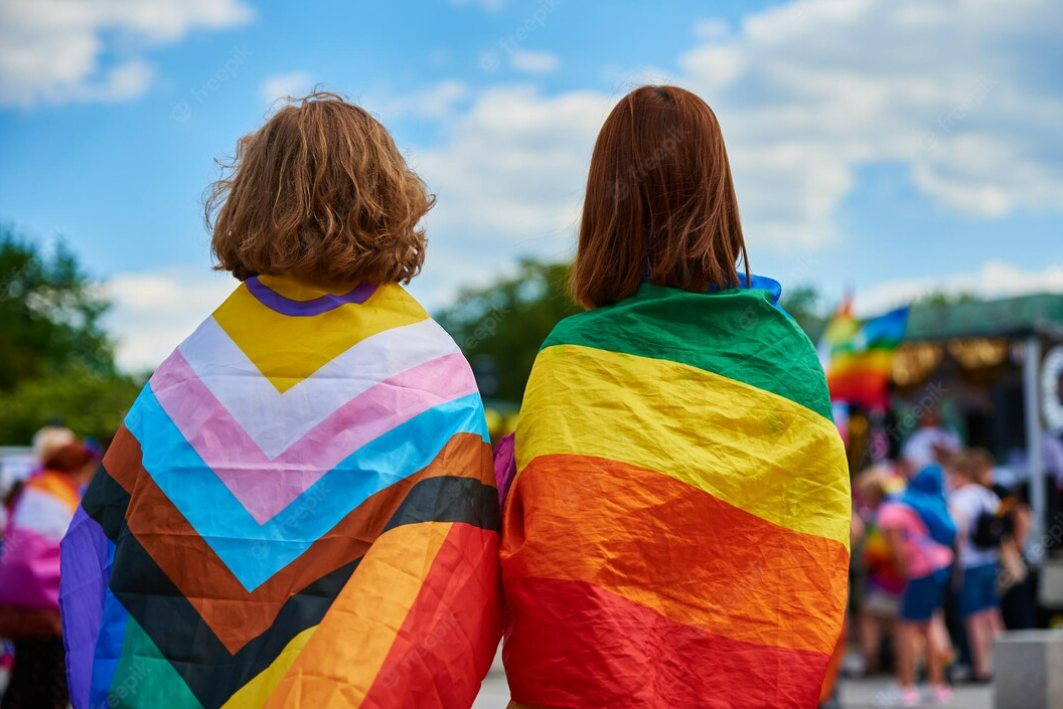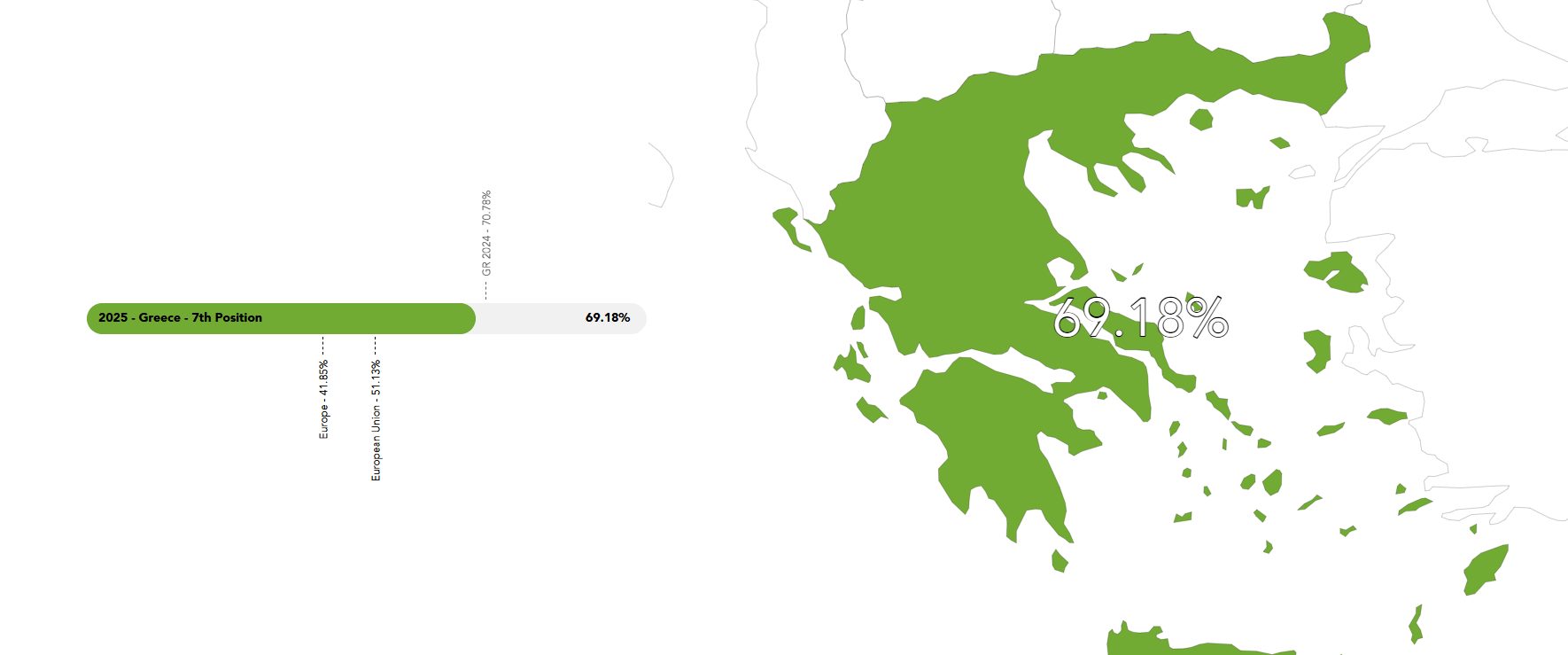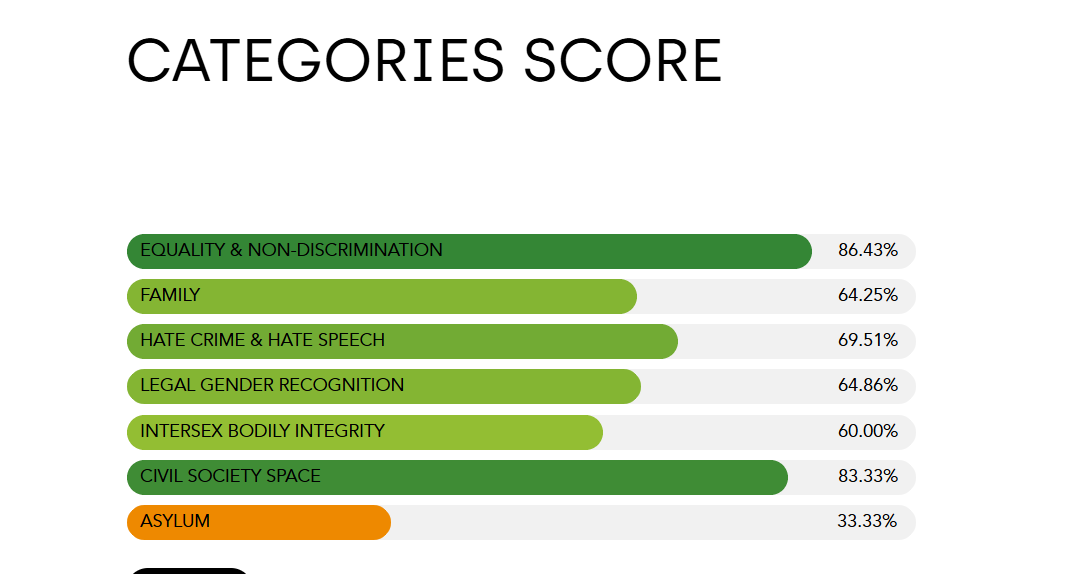Rainbow Map 2025: The ‘normalisation’ of hate speech drives rise in crimes against LGBTQI people – Recommendation reiterated for recognition of trans parenthood in Greece

Record hate crimes as hate speech becomes mainstream
Key findings of the 2025 Rainbow Map include:
-
Expanding legal restrictions: Seven countries have adopted or proposed so-called “LGBTQ propaganda” laws that criminalise LGBTQI visibility and restrict discussion. In parallel, “foreign agent” laws—targeting civil society organisations—have been introduced or enacted in Bulgaria, Georgia, Hungary and Montenegro, forcing LGBTQI NGOs to declare foreign funding sources.
-
Attacks on inclusive education: These restrictions are increasingly impacting education, with many countries either censoring or entirely excluding LGBTQI topics from curricula. Legislative attempts to block LGBTQ content from sex education programs have been documented in Bulgaria, Hungary, Italy, the Netherlands, Luxembourg, Norway, Romania, Russia, and Slovakia.
-
Normalised hate speech and rising violence Simultaneously, discriminatory rhetoric is being used to justify limitations on transgender healthcare, notably in Georgia, Hungary, Ireland, Romania and the UK.
-
Arbitrary asylum rejections: The escalation of state-led persecution forces many LGBTQI individuals to flee. Yet countries including Austria, Belgium and Ireland are arbitrarily rejecting asylum claims, often based on stereotypical assumptions—for example, denying applications because individuals do not “appear gay enough”.
-
Judicial protections: Despite increased scapegoating of LGBTQI communities by governments, European and EU courts continue to affirm human rights protections. Landmark rulings have been issued in areas such as asylum procedures, hate speech, legal gender recognition, freedom of association, and reproductive rights.
Greece still holds 7th place
*The full bar represents 100%, with each country’s score filled in proportionally according to its ranking. A traffic light colour scheme is used: green indicates a score closer to 100%, while red denotes a score closer to 0%.
Among the 49 countries assessed, Malta ranks first for the tenth consecutive year with 89%, followed by Belgium at 85%, bolstered by its comprehensive legal protections. Iceland, Denmark, Spain and Finland follow. Greece maintains its 7th place, scoring 69.18%, a slight drop from 70.77% in 2024.
Violence and discrimination in Greece
The report includes detailed documentation of recent violent and discriminatory incidents in Greece:
-
In March 2024, a mob of around 150 people launched a violent verbal and physical assault against two transgender individuals in Thessaloniki. After the victims sought refuge in a restaurant, the attackers continued by banging on the windows and mocking them. Police later arrested 21 people, including 11 minors.
-
The following day, around 50 masked men attacked demonstrators protesting the initial incident and broader LGBTQI-targeted violence.
-
The report also criticises anti-LGBTQI rhetoric expressed by public figures – politicians, artists, and members of the Greek Orthodox Church – during the parliamentary debate on marriage equality. The Orthodox Church officially opposed the legislation via a statement from its Holy Synod.
-
In May, transphobic commentary in public discourse targeted Eurovision contestants Nemo and Bambie Thug, both openly non-binary artists.
-
Events under the banner “Family Pride” held in Athens, Thessaloniki and Chania in summer 2024, are described as counter-protests to Pride and disseminated homophobic messages against same-sex marriage and parenting rights. A public backlash and counter-protest led to the cancellation of the Athens event.
-
In March, the youth wing of the banned neo-Nazi group Golden Dawn attacked the offices of Colour Youth in Athens.
-
In May, two anti-LGBTQI incidents were reported during a Pride street party in Athens, where rioters spat on participants and hurled misogynistic abuse.
-
In June, lawyer Alexis Kougias launched a homophobic verbal attack on then-SYRIZA leader Stefanos Kasselakis, prompting the Supreme Court prosecutor to intervene.
-
Conservative newspaper Estia published a front-page article framing LGBTQI rights as “privileges” and distorted the Athens Pride slogan “A law is not enough” as a demand for “special rights.”
-
The report also references remarks by Health Minister Adonis Georgiadis, who blamed the “woke agenda” for “making US politics pathetic,” and similar comments by former Prime Minister Antonis Samaras.
Key indicators in Greece
Justice and accountability in Greece
The report recalls two emblematic cases of extreme violence: the 2018 killing of Zak Kostopoulos (Zackie Oh), and the 2023 femicide of Cuban trans woman Anna Ivankova.
In July, the Athens Court of Appeal convicted jeweller Spyros Dimopoulos and real estate agent Athanasios Hortarias of Kostopoulos’ murder, sentencing them to six and five years respectively.
In June, Anna Ivankova’s killer received a life sentence without mitigating circumstances, although the court did not officially recognise the case as femicide.
Trans parenthood and legal recognition
ILGA-Europe notes that Greece’s new marriage equality legislation excludes provisions for surrogacy for same-sex couples. While it removes the requirement of being unmarried to access legal gender recognition, it fails to allow changes to a parent’s name or gender marker on their children’s birth certificates following legal recognition.
The report also highlights a troubling case in which a transgender child’s mother was stripped of custody by a local court, which accused her of encouraging the child’s “female gender expression” rather than promoting “gender neutrality”—a decision reflecting deeply conservative and pathologising attitudes.
Recommendations for Greece
To improve the legal and political situation for LGBTQI people in Greece, ILGA-Europe recommends:
-
Recognising trans parenthood, including legal recognition of a parent’s gender identity and alignment with existing gender options.
-
Adopting a comprehensive, fully funded national action plan to implement the LGBTIQ+ equality strategy, with specific targets, budgets, timelines and monitoring mechanisms.
-
Establishing a fair, transparent legal framework for gender recognition, based on self-determination and free of abusive requirements, including eliminating age restrictions and allowing name changes without barriers.
______________________________________________
Are you seeking news from Greece presented from a progressive, non-mainstream perspective? Subscribe monthly or annually to support TPP International in delivering independent reporting in English. Don’t let Greek progressive voices fade.
Make sure to reference “TPP International” and your order number as the reason for payment.


